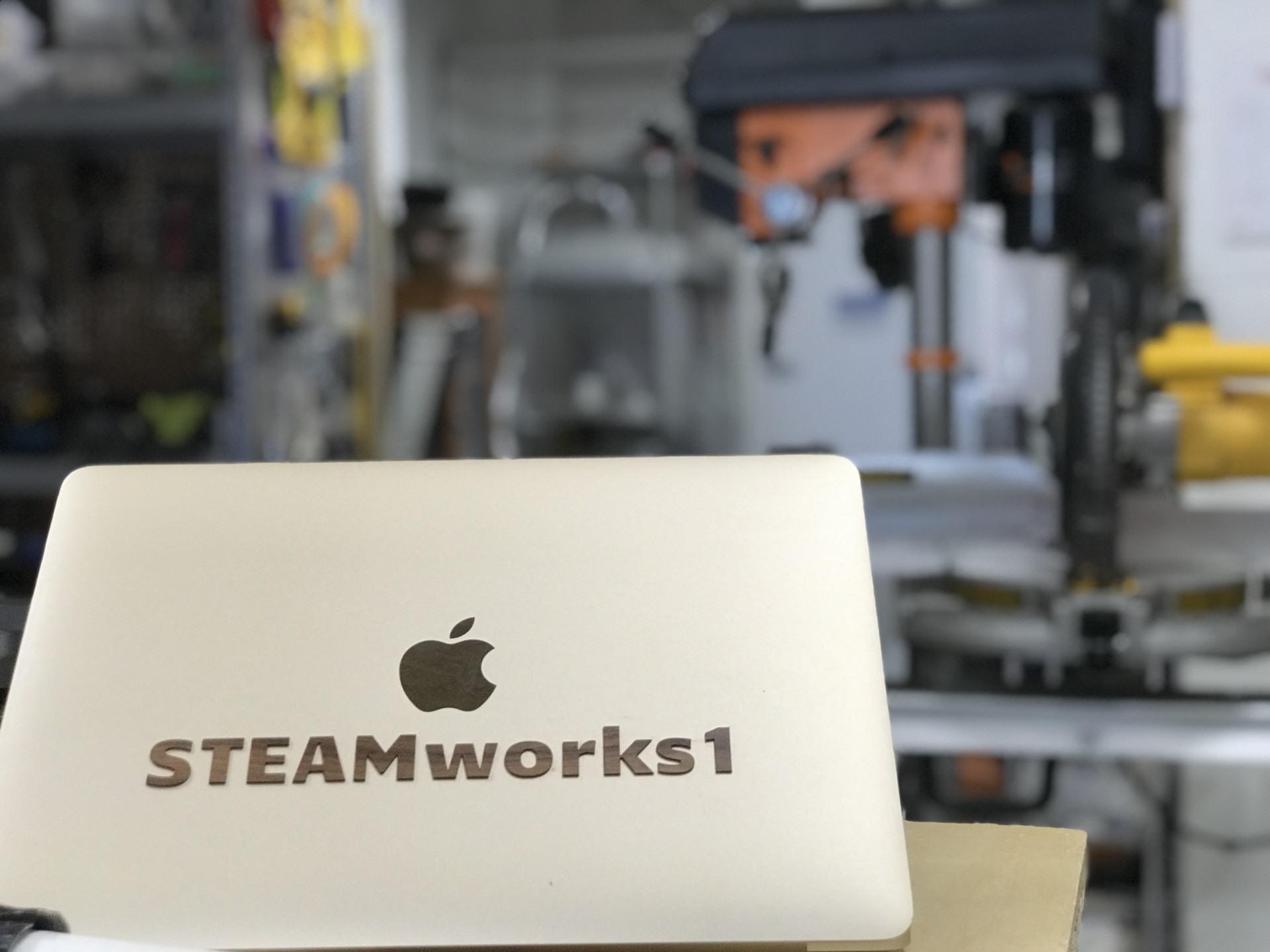- Our School
- Our Advantage
- Admission
- Elementary•Middle School
- High School
- Summer
- Giving
- Parent Resources
- For Educators
- Alumni

STEAMworks Technology
The STEAMworks Technology Department offers a variety of courses for students of any skill level to explore and develop their abilities in STEAM (Science Technology Engineering Arts and Math). The learning space is called STEAMworks, and is composed of two classroom areas. A maker-space containing tools and machines that will allow most anything to be designed, prototyped, and manufactured, and a studio space that has cameras, tripods, lighting equipment, musical instruments, recording gear, and more.
STEAMworks Technology Courses
Introduction to Programming
Students will work within a shop, or "maker-space", to complete projects either of the instructor’s design or their own. The primary focus will be problem-solving and critical thinking, under the umbrella of executive function. Students will learn about computer programming, website design, and will also learn to use hardware such as Arduinos to run their programs.
Advanced Programming
This course follows Intro to Programming. Students continue to develop their programming skills, while developing projects at a more independent level.
Computer Engineering
This course follows Advanced Programming. Students continue to develop their programming skills, and integrate a wider variety of software and hardware into their projects.
STEAM Lab
This is a project-based course that provides opportunities for students to try new things and find new interests. It allows students to explore what STEAMworks has to offer, from composing music to learning about 3D printing, and everything in between. Students pick their projects and learn about the software, machinery, tools, musical instruments, cameras, etc. that are necessary to completing their creative vision. Students can choose from the topics below:
Modeling and Animation
Students work with industry-standard software under the guidance of an instructor who acts as facilitator and creative director. Students will model objects, environments, and characters, and create short animations.
Design and Fabrication
Students work within a shop, or "maker-space", to fabricate projects of their own design. The instructor supervises and consults with students in the development of their projects. Each project begins with a brainstorming phase followed by careful planning, materials lists, time projections, and more. The bulk of time will be spent experimenting through designing, testing, and redesigning. After developing their projects in programs like Fusion 360, Adobe Photoshop, and Adobe Illustrator, students will work with 3D printers, milling machines, the laser cutter, hand tools, and power tools to realize their visions.
Music Production
Students work with professional-grade software, hardware, editing tools, and instruments, including several guitars, a piano, and an electronic drum kit. Students will study the structure of music and sound. Projects will revolve, almost entirely, around learning how to compose your own music and shape sound, with the option of learning how to play instruments.
Short Film Production
This hands-on course introduces students to the fundamentals of short film production, guiding them through each stage of the creative process—from initial concept to final cut. Students will gain practical experience in scripting, storyboarding, audio recording and dubbing, music editing, and the elements of visual storytelling. The course emphasizes the use of different camera shots, setting tone through lighting and sound, and applying editing techniques that shape mood and narrative. In addition to technical and creative skills, students will learn essential time management strategies to plan, organize, and complete projects efficiently. Whether working behind the camera or in post-production, students will develop the tools and discipline needed to produce compelling, professional-quality video projects.
















